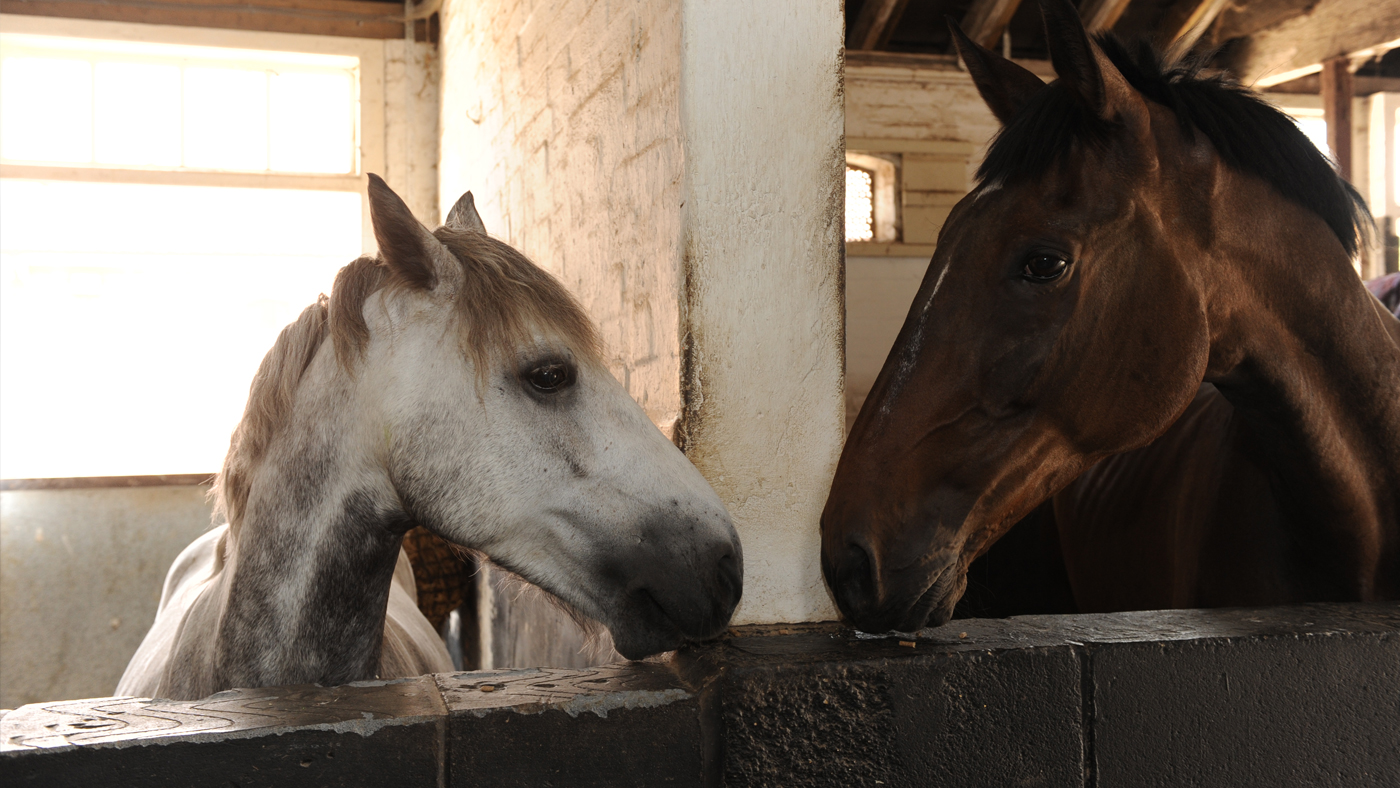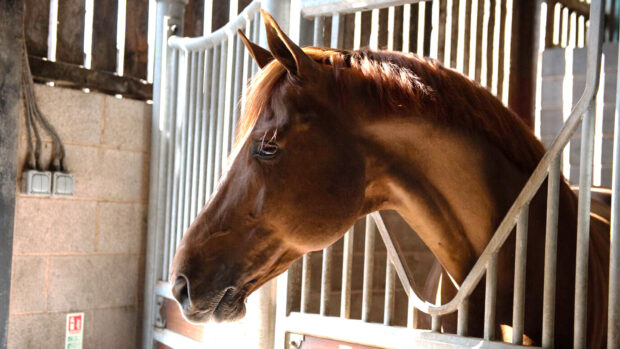Promotional feature with Horse Dialog
Recent flu outbreaks have raised awareness of another common infectious respiratory disease that may not yet have reached every horse owner’s radar. Zoetis Vet Dr Wendy Talbot explains why we should all be vigilant about equine herpes virus (EHV).
What is EHV?
EHV is actually a family of different viruses with EHV-1 and -4 being the most common. It has potentially serious health, performance and financial implications across every sector of the equestrian industry and it’s in every horse owner’s interests to understand it, to minimise the risks to our horses.1
EHV is related to human cold sores, chicken pox and shingles viruses. EHV-1 can cause abortion, respiratory disease and neurological disease. EHV-4 usually causes respiratory disease but occasionally it can result in abortion; neurological disease from EHV-4 is rare.2 It is reported that 80-90% of horses are infected with EHV before the age of two.3
Just like the human viruses, EHV lies dormant (latent infection) in the horse after it recovers from infection. Carrier horses show no clinical signs, but the infection remains in their body and the virus can be reactivated at any time and spread to other horses. Reactivation often occurs as a result of stressful conditions or a period of fatigue such as during transport, strenuous exercise or mixing at equine events.3 Reactivation results in the virus being released into the environment (‘viral shedding’) and the potential for new outbreaks and clinical cases which can have an effect on the health of the whole yard.2
How is EHV transmitted?
EHV can be transmitted by direct horse-to-horse contact and by nasal or ocular discharge, which can spray or travel through the air over short distances. It can also be spread by sharing infected equipment, including wheelbarrows, brushes and buckets and via people who have been in contact with infected horses.4
What are the symptoms of EHV?
The symptoms of EHV can be very similar to equine flu; a high temperature, snotty or runny nose, dry cough, lethargy, loss of appetite and swollen neck glands. It can also cause abortion in pregnant mares. Nervous system problems are less common but can result in the horse appearing weak and wobbly on its hind legs, often accompanied by urinary incontinence.3
Vaccination
Vaccination against EHV is important because it helps tip the balance in favour of the horse’s immune system. It reduces viral shedding, the severity and spread of the respiratory disease and the frequency of abortion.1
Biosecurity
Reducing the spread of equine herpes virus through management, as well as vaccination, is important for disease control. As with flu, rigorous biosecurity is imperative to help minimise the risks of EHV spreading; avoid contact with other horses, don’t share equipment, bowls or stables and quarantine all new horses. Also remember that humans can spread EHV indirectly via their hands or clothing if they have been in contact with an infected horse.2,4
Contact your vet immediately if you think your horse may have equine herpes virus. While in most cases horses will make a good recovery from EHV respiratory disease, the prognosis is guarded for those with EHV neurological disease.
Emmeline Hannelly, British Horse Society welfare education manager said: “The awareness and interest in equine contagious diseases has increased in the equine community following the equine influenza outbreak. As reflected in a recent survey, it’s encouraging that a high proportion of horse owners want to find out further information and understand the potential risk of EHV to their horses. The BHS supports the educational materials produced by Zoetis to inform owners about the disease, and recommendation from vets to vaccinate.”
1. Ivens P, Rendle D, Kydd J, Crabtree J, Moore S, Neal H, Knapp S, Bryant N, Newton JR. Equine Herpesviruses: A Roundtable Discussion. UK Vet Equine, July/Aug. 2019
2. Slater J. What is Equine Herpes Virus? Accessed August 2019.
3. Allen GP. Respiratory Infections by Equine Herpesvirus Types 1 and 4. International Veterinary Information Service. 2002
4. Epidemic disease caused by equine herpesvirus-1: recommendations for prevention and control. Allen, G. P. Equine Veterinary Education; 14(3):136-142. 2002.
MM-06390





